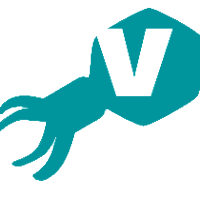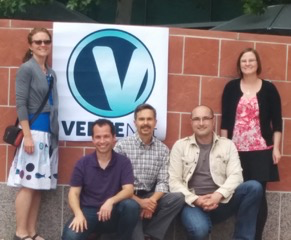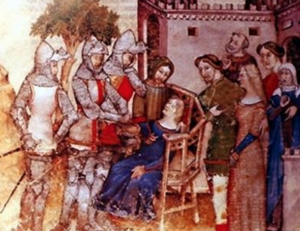The Gordon and Betty Moore Foundation’s Marine Microbiology Initiative is investing eight million dollars over the next two years to support scientists, globally and at all career stages, to accelerate development of
experimental model systems in marine microbial ecology.
The researchers have been encouraged to use
Protocols.io to release novel protocols for studying marine microbes. The Protocols.io team has been collaborating with Bonnie Hurwitz of the University of Arizona (UA)’s
BIO5 Institute on
VERVE Net, the Viral Ecology Research and Virtual Exchange Network created by Hurwitz to enable protocol sharing within the viral ecologist community. In addition, Hurwitz is the creator of the iMicrobe project that provides data and Apps for microbial research. Both iMicrobe and VERVE Net are funded by the Gordon and Betty Moore Foundation. Data for iMicrobe is hosted by the iPlant Collaborative, a data management platform for the life sciences headquarted at the UA.
The international endeavor taps into the efforts of more than 100 scientists across 33 institutions with a broad range of expertise to collectively tackle the challenge of developing methods to bring experimental model systems to the ocean. The genetic tools generated in this effort will allow researchers to more easily disrupt the activities of microbial genes to understand how these organisms function in marine ecosystems and provide the capability to ask scientific questions in ways not currently possible.
 The Sullivan Lab invites you to join a
Viromics Workshop at The Ohio State University, Oct 18-20, 2017
Hosted by Matthew B. Sullivan
with lectures from Ben Bolduc (OSU), Simon Roux (JGI), David Páez-Espino (JGI), and Arvind Varsani (ASU)
Organizing Committee:
Mya Breitbart, Bonnie Hurwitz, David Páez-Espino, Simon Roux, Matthew Sullivan, Arvind Varsani, and Steven Wilhelm.
The Sullivan Lab invites you to join a
Viromics Workshop at The Ohio State University, Oct 18-20, 2017
Hosted by Matthew B. Sullivan
with lectures from Ben Bolduc (OSU), Simon Roux (JGI), David Páez-Espino (JGI), and Arvind Varsani (ASU)
Organizing Committee:
Mya Breitbart, Bonnie Hurwitz, David Páez-Espino, Simon Roux, Matthew Sullivan, Arvind Varsani, and Steven Wilhelm.
 The Sullivan Lab invites you to join a
Viromics Workshop at The Ohio State University, Oct 18-20, 2017
Hosted by Matthew B. Sullivan
with lectures from Ben Bolduc (OSU), Simon Roux (JGI), David Páez-Espino (JGI), and Arvind Varsani (ASU)
Organizing Committee:
Mya Breitbart, Bonnie Hurwitz, David Páez-Espino, Simon Roux, Matthew Sullivan, Arvind Varsani, and Steven Wilhelm.
The Sullivan Lab invites you to join a
Viromics Workshop at The Ohio State University, Oct 18-20, 2017
Hosted by Matthew B. Sullivan
with lectures from Ben Bolduc (OSU), Simon Roux (JGI), David Páez-Espino (JGI), and Arvind Varsani (ASU)
Organizing Committee:
Mya Breitbart, Bonnie Hurwitz, David Páez-Espino, Simon Roux, Matthew Sullivan, Arvind Varsani, and Steven Wilhelm.



